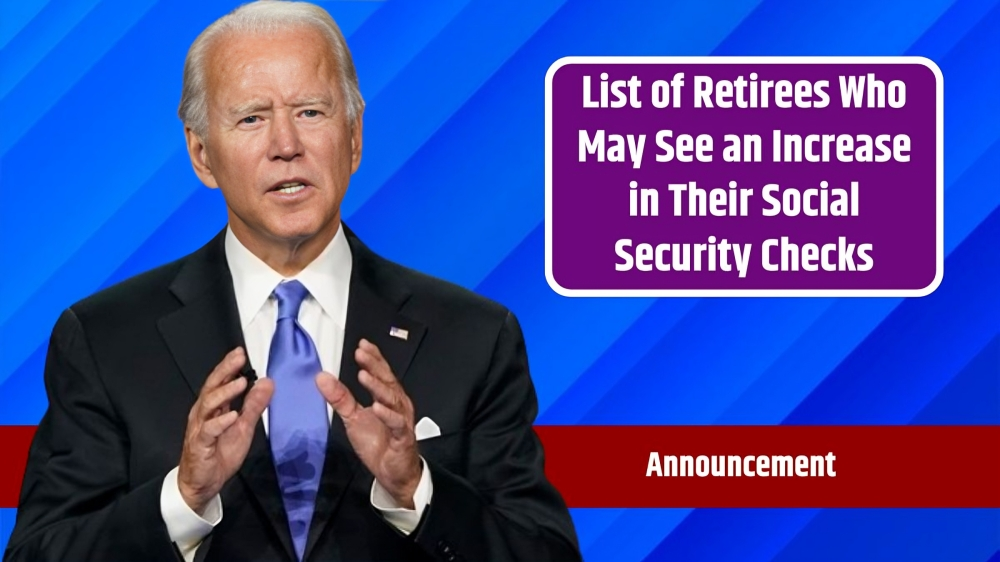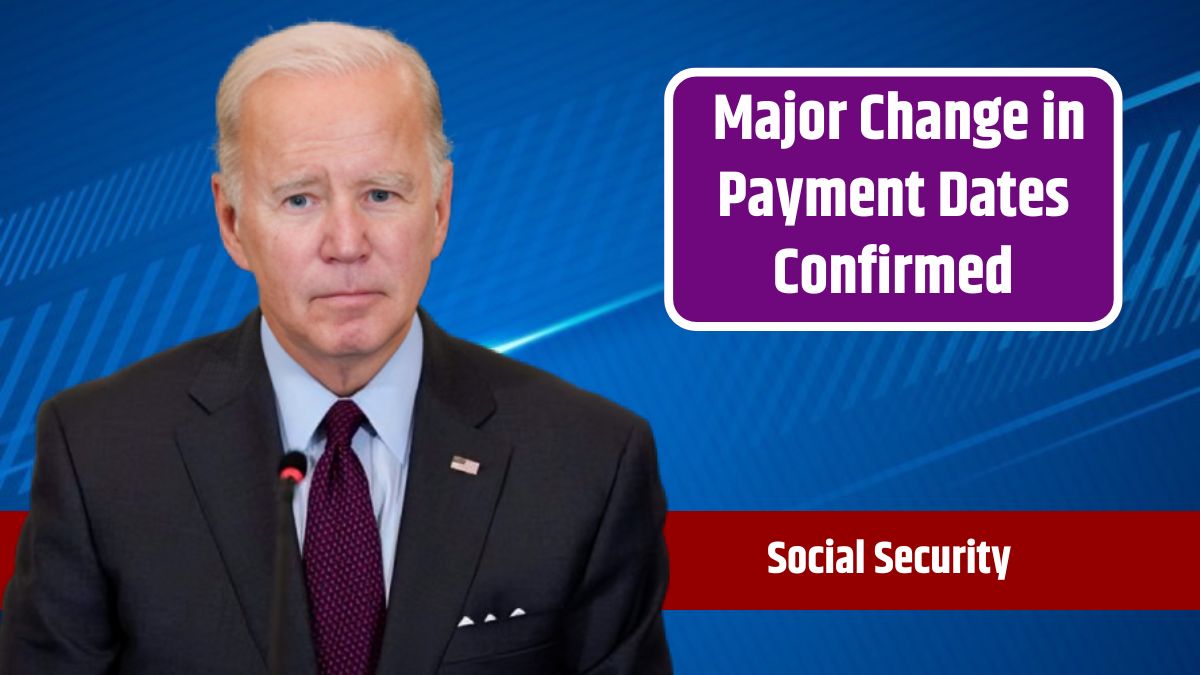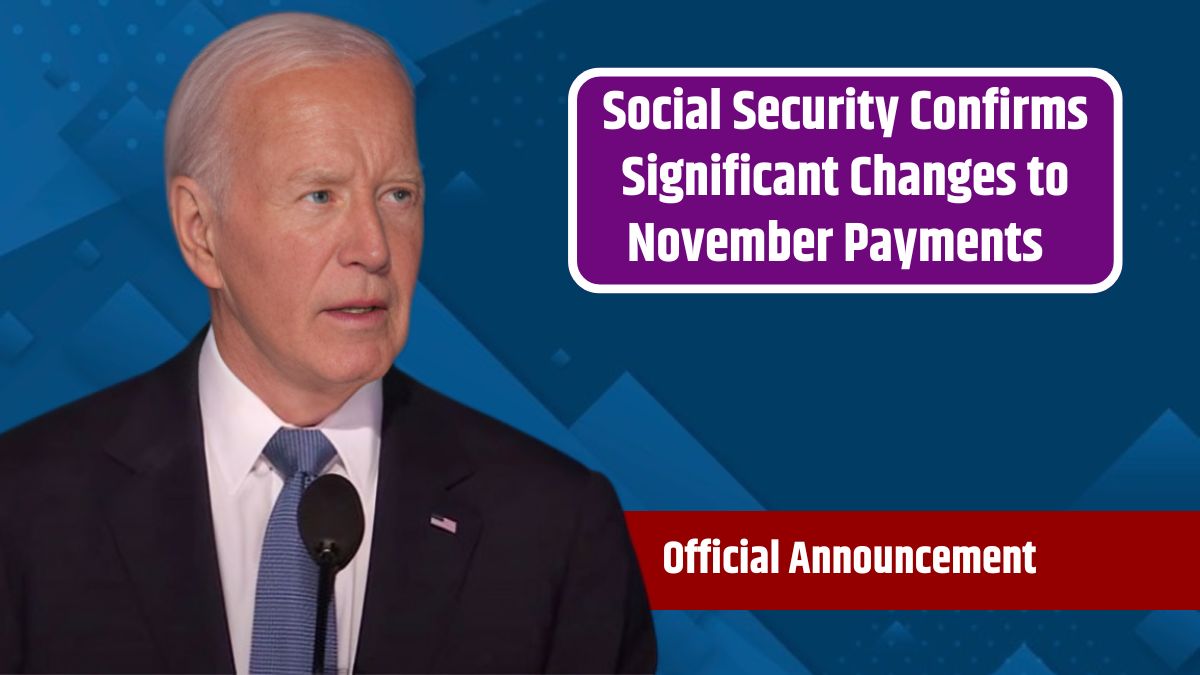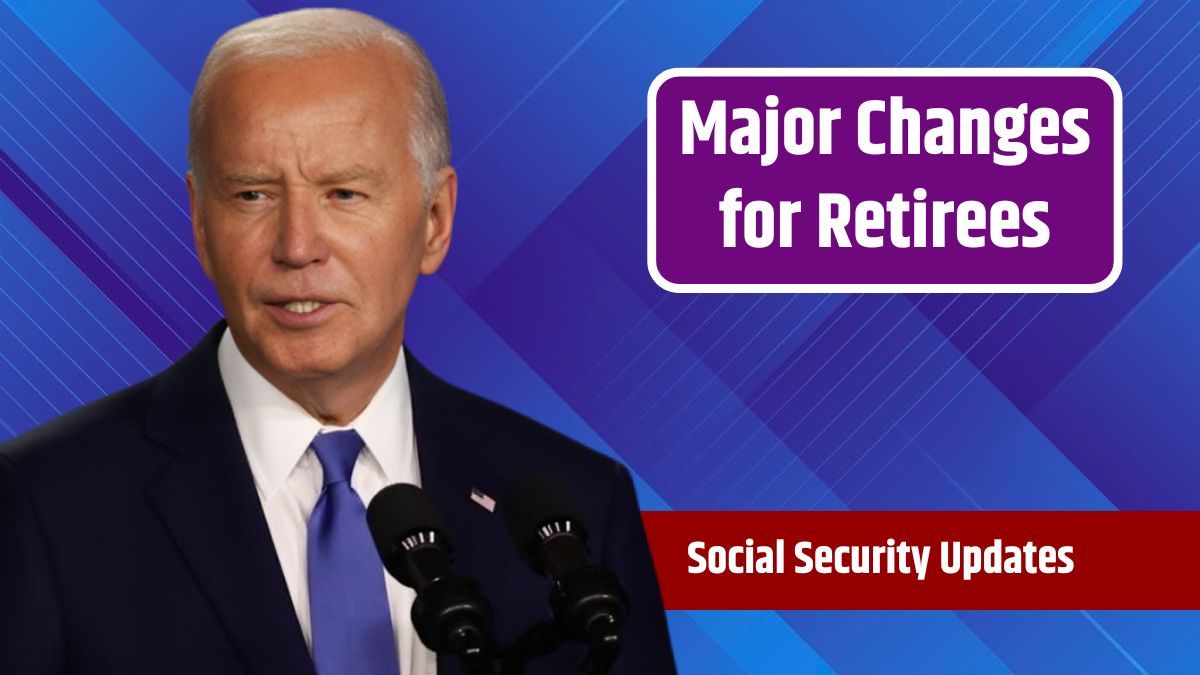Congress is gearing up for a significant vote on the Social Security Fairness Act, a bill that could greatly improve Social Security benefits for certain public sector workers. This legislation, spearheaded by Representatives Abigail Spanberger (D-VA) and Garret Graves (R-LA), targets two contentious provisions that have long reduced benefits for millions of Americans: the Windfall Elimination Provision (WEP) and the Government Pension Offset (GPO). With 325 cosponsors from both parties, the bill has overwhelming support, surpassing the 218 votes needed to force a vote on the House floor. However, the bill’s sponsors are pushing to ensure the legislation is addressed without delay.
Provisions
The WEP and GPO are currently a source of frustration for many public sector workers who receive pensions from jobs not covered by Social Security. These provisions were initially designed to prevent “double-dipping” by individuals who receive a pension and Social Security benefits. However, critics argue that these rules unfairly penalize those who have paid into Social Security through other employment.
Windfall Elimination Provision (WEP)
The WEP reduces Social Security benefits for individuals who have worked in jobs where Social Security taxes were not withheld, such as certain public school teachers, police officers, and firefighters. Even if these individuals have paid into Social Security through other jobs, the WEP can still significantly reduce their benefits. The reduction formula can be complex, but for many, it results in hundreds of dollars less each month, cutting deeply into their expected retirement income.
Government Pension Offset (GPO)
The GPO affects spousal and survivor benefits, reducing them by up to two-thirds for those who also receive a government pension from a job not covered by Social Security. This provision is particularly hard-hitting for surviving spouses, who may see their expected benefits slashed, leaving them with less financial security during retirement. Many retirees have been left in difficult financial situations due to this offset, despite having earned their pensions through years of public service.
Impact
If passed, the Social Security Fairness Act would eliminate both the WEP and GPO, potentially restoring full Social Security benefits to approximately 2.8 million Americans currently affected by these provisions. This change would be a major victory for public sector workers, particularly in an era where every dollar counts in retirement.
Why This Matters
For over 40 years, these provisions have been seen as unjust penalties by many, including the bill’s sponsors. Spanberger and Graves argue that public servants such as teachers, firefighters, and police officers, who have dedicated their careers to serving their communities, should not be penalized when it comes to their Social Security benefits. Eliminating the WEP and GPO would ensure these individuals receive the full benefits they have earned through both their public service and other employment covered by Social Security.
The bill’s passage could provide much-needed financial relief at a time when many retirees are grappling with rising costs of living and concerns about the long-term sustainability of Social Security. The removal of these provisions would help secure a more stable financial future for millions, allowing them to retire with the dignity and security they deserve.
What’s Next?
The widespread bipartisan support for the Social Security Fairness Act suggests that it has a strong chance of passing, especially with the push from its sponsors to bring it to a vote. If successful, the legislation will mark a significant step forward in the fight for fair and equitable Social Security benefits for all Americans, regardless of their career paths.
In conclusion, the Social Security Fairness Act represents a critical opportunity to rectify long-standing inequities in the Social Security system. For the millions affected by the WEP and GPO, this bill could mean the difference between a financially secure retirement and struggling to make ends meet. The strong bipartisan support indicates a growing recognition of the need for reform, and if passed, this legislation will be a significant victory for fairness and justice.
FAQs
How does the WEP affect Social Security benefits?
The WEP reduces Social Security benefits for those with pensions from non-Social Security jobs.
What is the GPO in Social Security?
The GPO reduces spousal and survivor benefits for individuals receiving a government pension.
How many people are affected by the WEP and GPO?
Approximately 2.8 million Americans are currently affected.
Who is sponsoring the Social Security Fairness Act?
Representatives Abigail Spanberger and Garret Graves are leading the effort.
What would the Social Security Fairness Act do?
The Act aims to eliminate the WEP and GPO, restoring full benefits to those affected.









